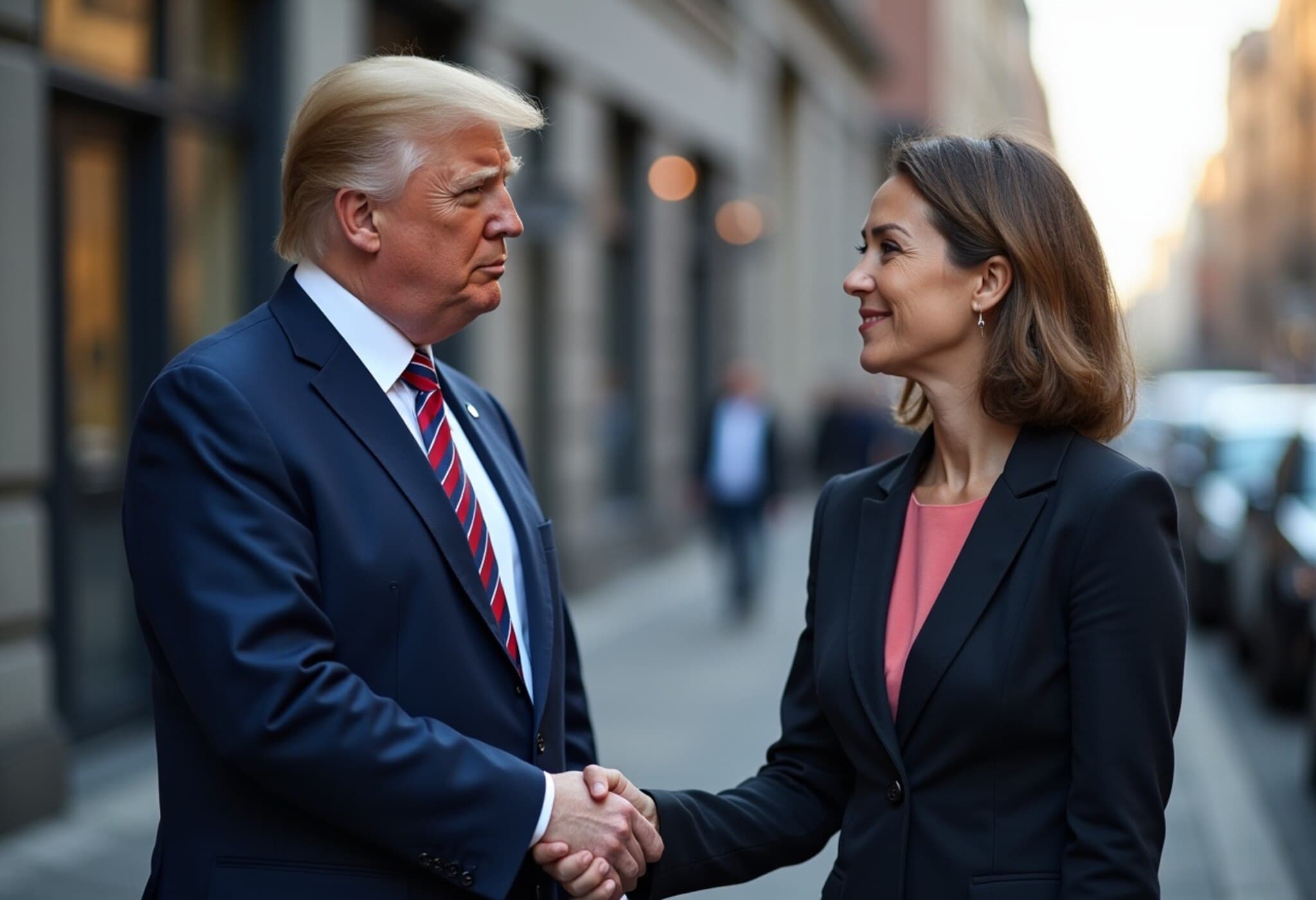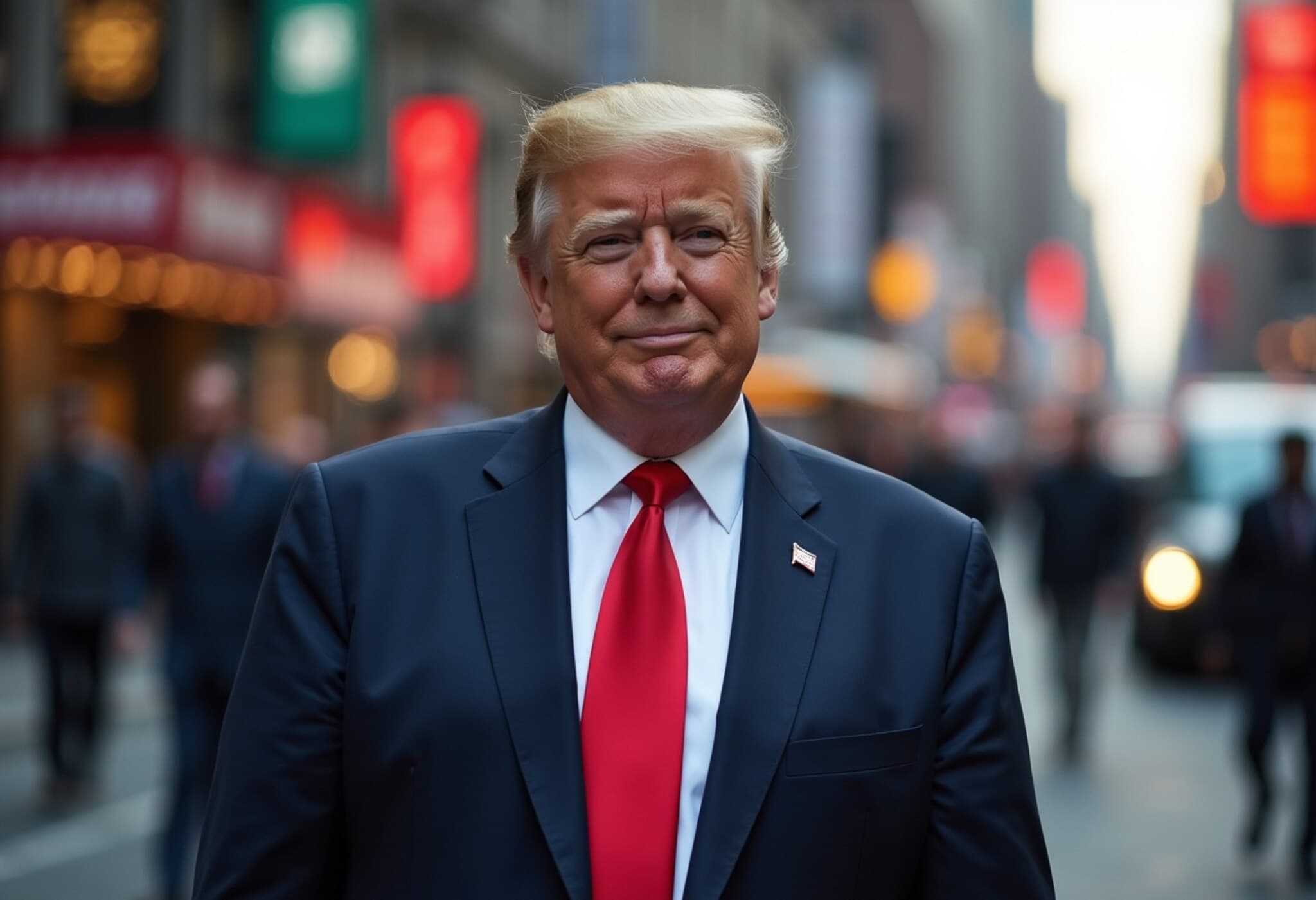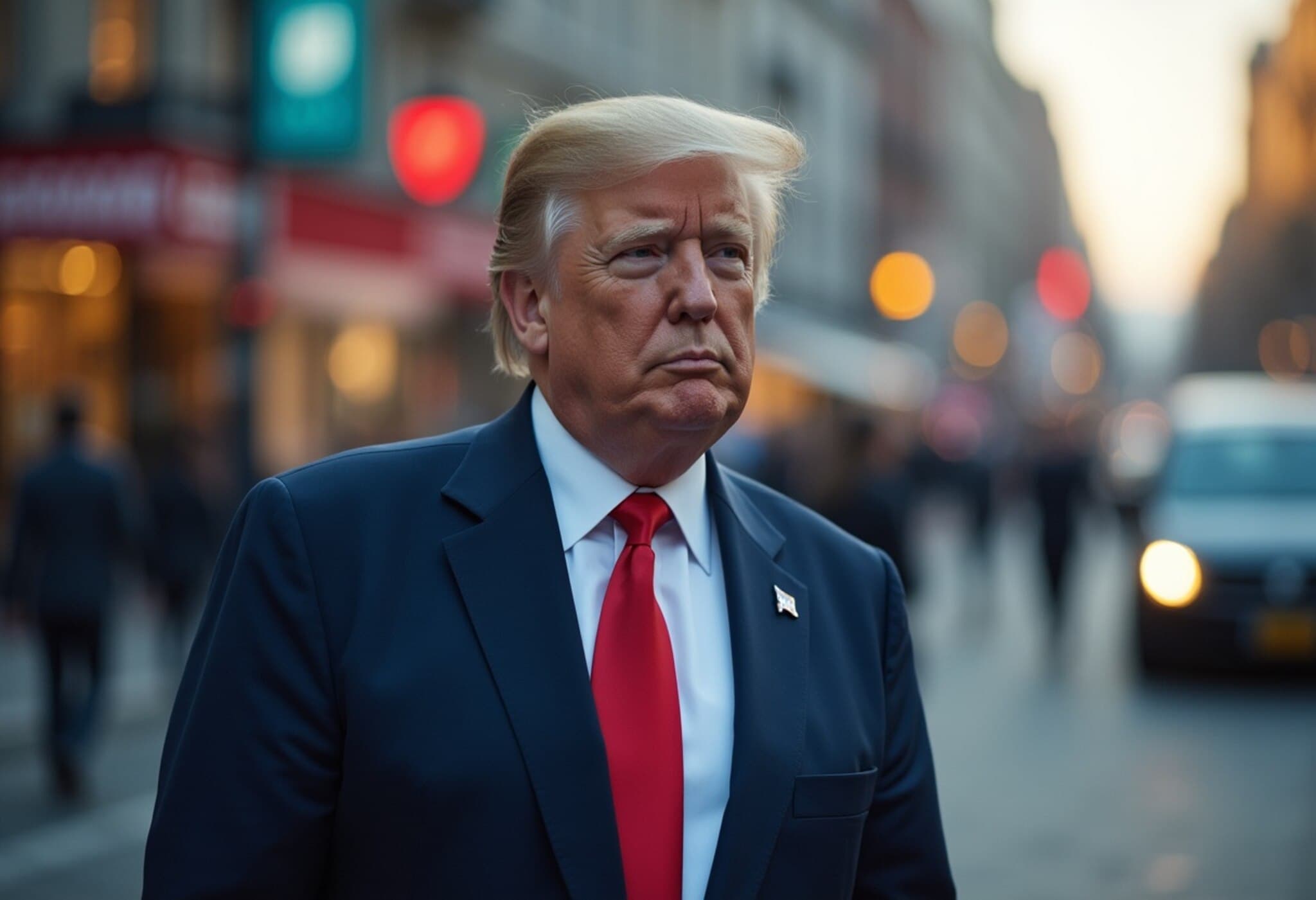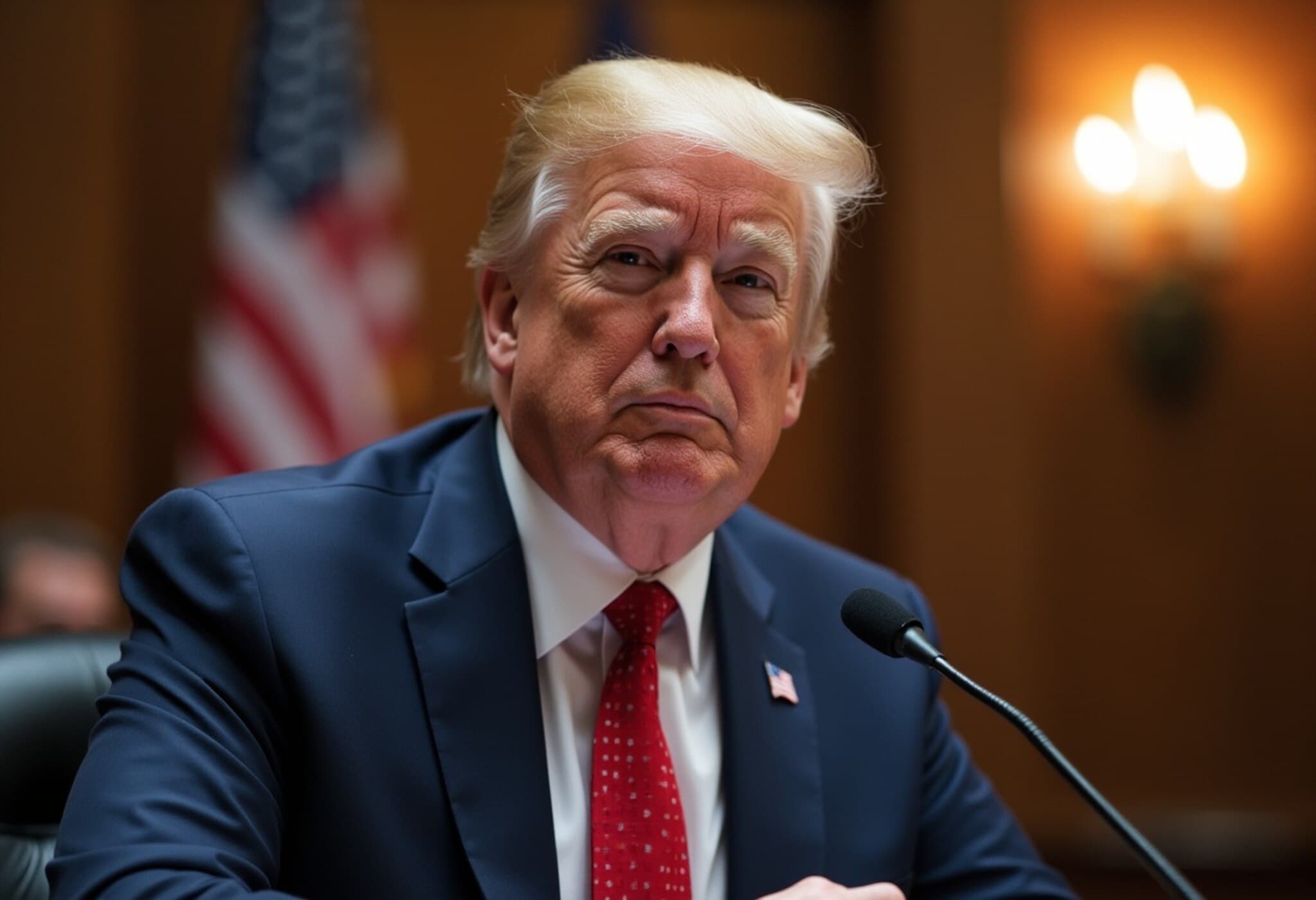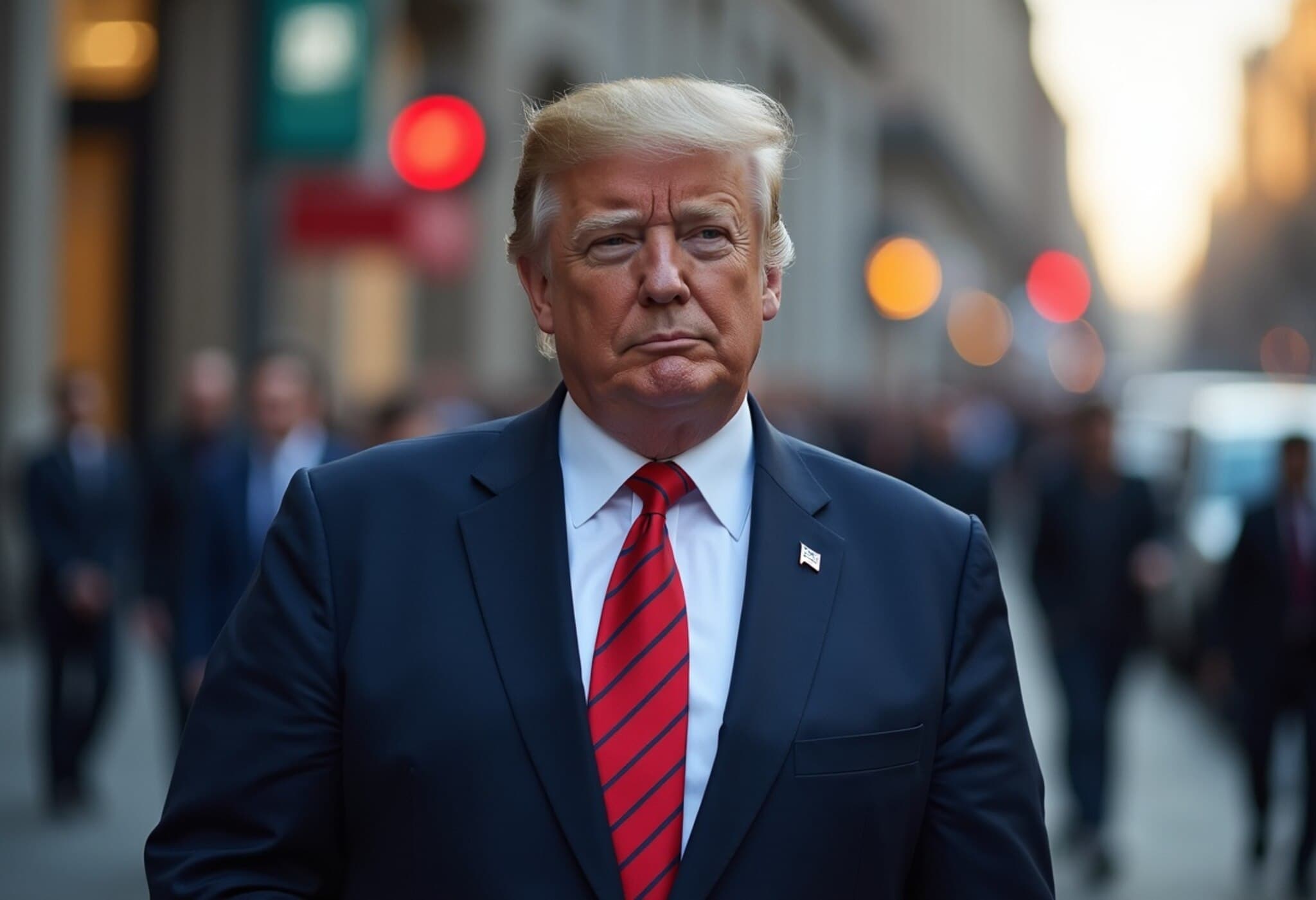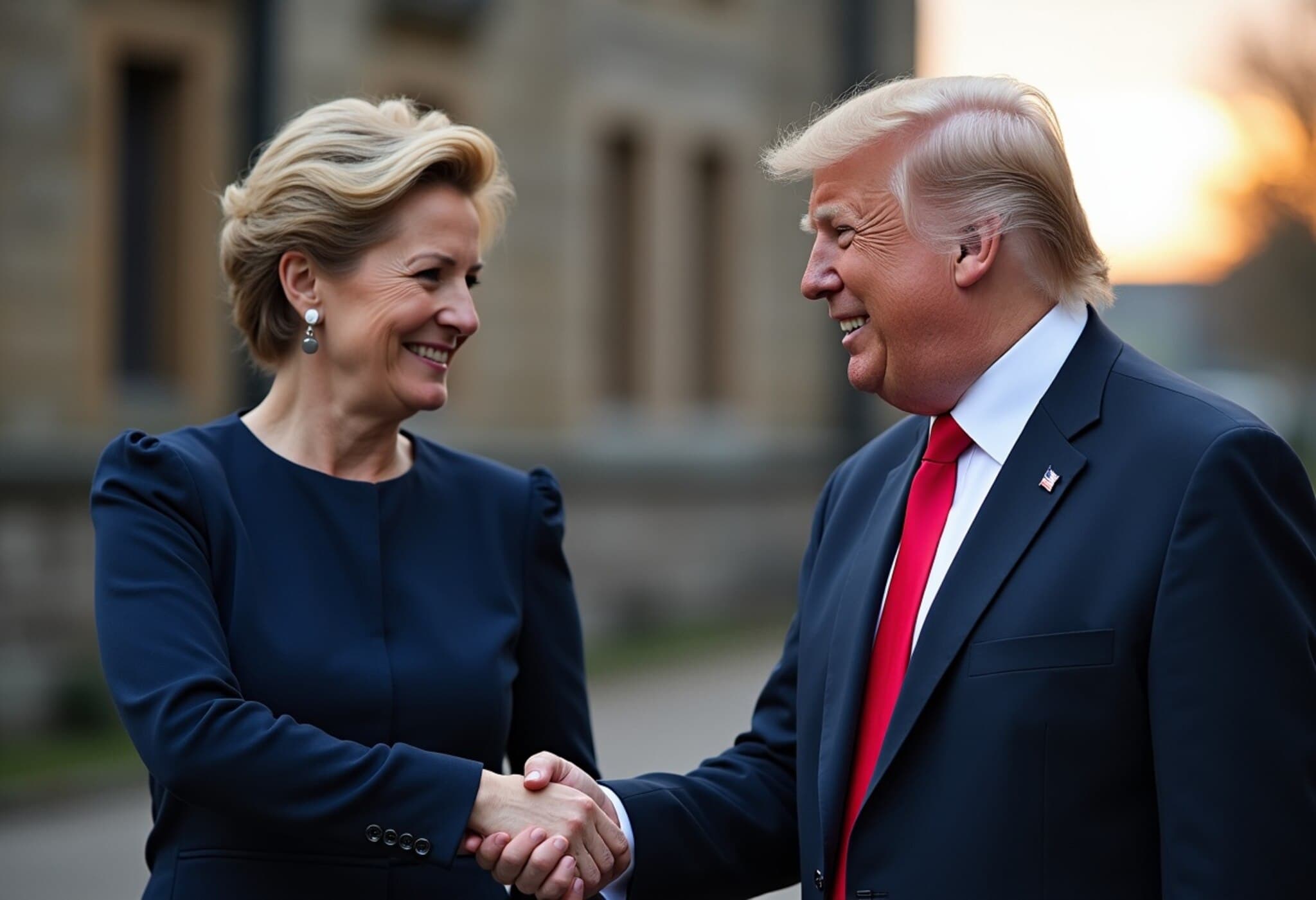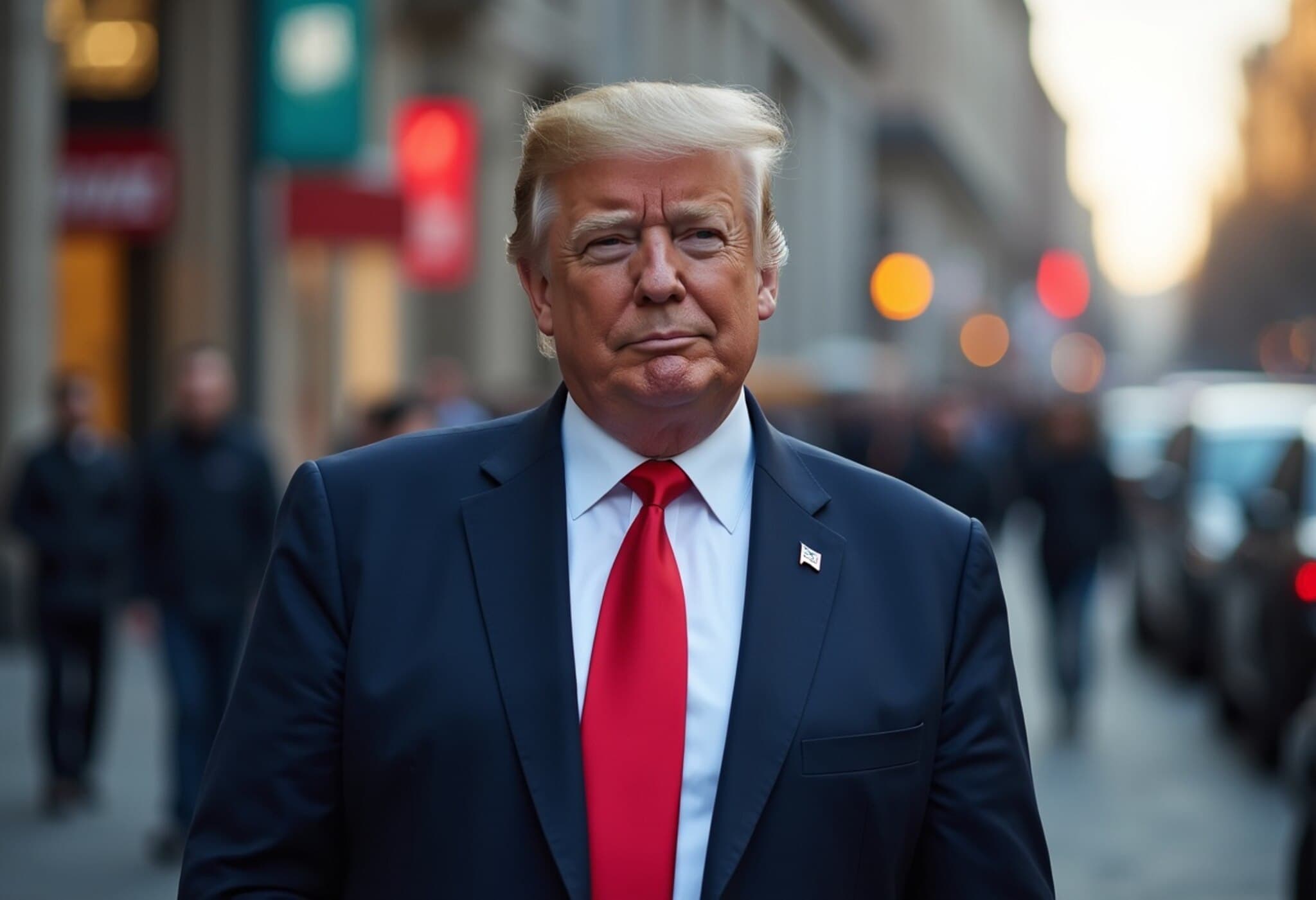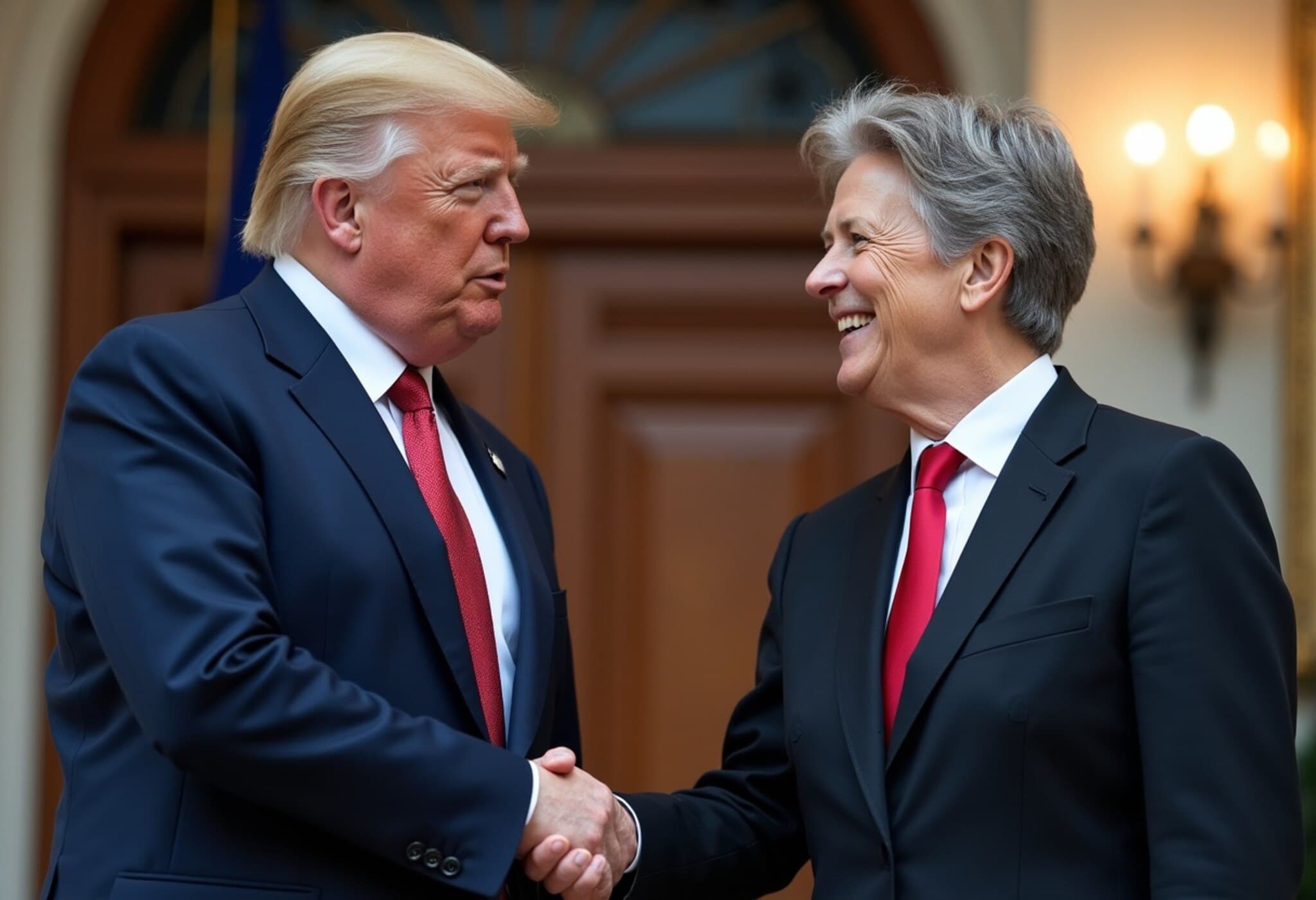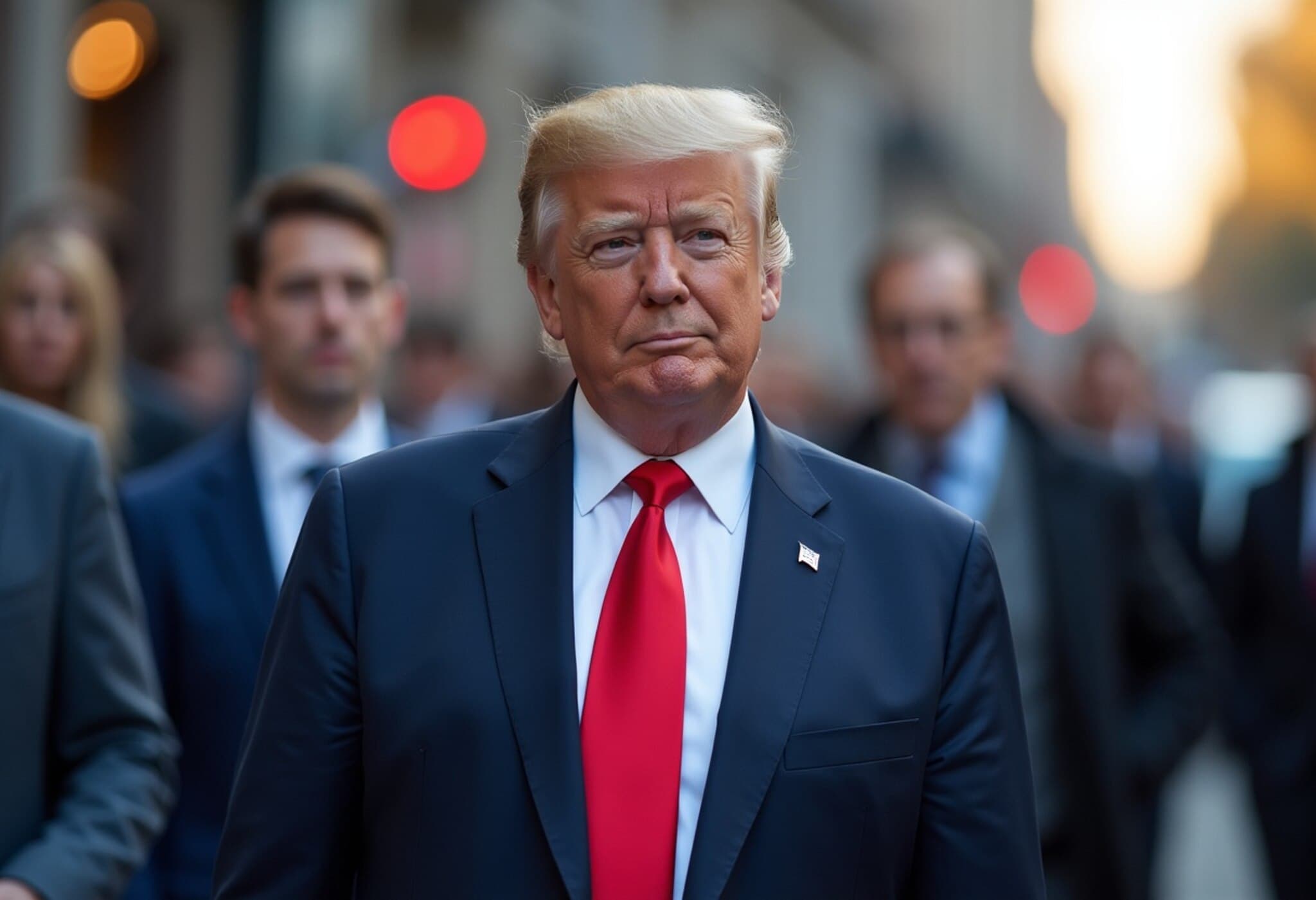EU Agrees to Six-Month Delay on Tariffs Amid Transatlantic Trade Talks
In a significant diplomatic move, the European Union announced on Monday it will suspend its planned counter-tariffs against the United States for six months. These countermeasures, initially scheduled to take effect this week, have been put on hold to allow ongoing trade negotiations between the EU and the U.S. to progress further.
Background of the Trade Dispute
The confrontation began with U.S. President Donald Trump's imposition of tariffs on European imports, including a 15% tariff on most European goods such as automobiles. In retaliation, the EU planned tariffs against U.S. exports, escalating tensions between two of the world's largest trading blocs. This stand-off had threatened to disrupt global trade and unsettle markets.
Diplomatic Progress at the Turnberry Summit
On July 27, 2025, a pivotal encounter in Turnberry, Scotland, between President Trump and European Commission President Ursula von der Leyen laid the groundwork for the current truce. Following their meeting, a joint political agreement was reached aimed at restoring trade stability and fostering closer economic ties.
A spokesperson for the European Commission, the executive arm of the EU, highlighted that this agreement “restores stability and predictability for citizens and businesses on both sides of the Atlantic.” The Commission reaffirmed its commitment to finalizing a comprehensive joint statement elucidating the path forward.
Key Terms and Uncertainties
- Tariff Suspension: The EU will suspend its countermeasures, which were poised to take effect on August 7, 2025, for six months.
- U.S. Commitments: The White House has pledged to remove significant tariffs, including all EU tariffs on U.S. industrial goods entering Europe.
- Trade and Investment Promises: The EU has agreed to boost purchases of U.S. energy by $750 billion and channel $600 billion of additional investments into the U.S. economy.
However, experts caution that these pledges remain largely political and not legally binding. The EU, as a supranational body, cannot compel private companies to follow through on purchasing or investment plans, leaving key questions about the implementation and accountability open.
Broader Implications for Global Trade and U.S. Economy
This development is more than a bilateral détente; it signals a pragmatic turn in trade diplomacy. After months of fraught negotiations, both Brussels and Washington appear willing to prioritize economic stability over protectionist escalations.
From an American policy perspective, the suspension may help shield U.S. manufacturers from retaliatory tariffs that could raise costs and complicate supply chains. It also underscores the delicate act of balancing domestic political pressures with the strategic need to maintain healthy transatlantic ties.
Looking Ahead: Challenges and Questions
- Can the U.S. and EU translate this political agreement into binding, enforceable commitments that reassure businesses and investors?
- How will private sector actors respond to broad investment and purchase pledges lacking direct legal compulsion?
- What role will the Biden administration's successor play in continuing or reshaping this trade approach?
The upcoming six months will serve as a critical test of goodwill and pragmatic policymaking in a global economic landscape still vulnerable to protectionist shocks.
Expert Commentary
Trade policy analysts observe that this pause offers valuable breathing room to find common ground on thorny issues such as automobile tariffs and energy trade. Yet, they warn against complacency, noting that deeper systemic challenges—including intellectual property protections and digital trade frameworks—remain unresolved.
Notably, the EU’s willingness to delay tariffs despite its limited leverage on forced investment suggests a prioritization of long-term partnership over short-term retaliation—a nuanced stance that could influence future trade negotiations worldwide.
Summary
The EU’s decision to postpone tariffs against the U.S. is a strategic diplomatic maneuver designed to foster a more constructive and stable trade environment. While promising on the surface, the real challenge lies in translating this political truce into solid, enforceable agreements that benefit producers, consumers, and economies on both sides of the Atlantic.

